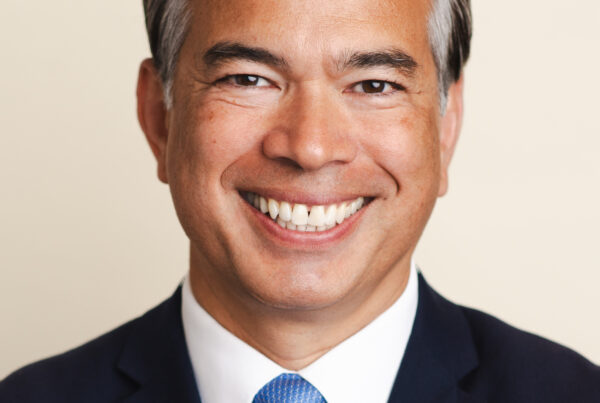Two self-representing inmates at the Chuckawalla Valley State Prison in Blythe brought a suit demanding television rights in their prison cells through Riverside Superior Court and the Court of Appeal, but lost in a June 3 published opinion.
While most prisons in the state allow personal televisions, the Chuckawalla prison did not, due to both an overloaded electrical system, now resolved, and a reception issue, according to the appellate ruling.
Prisoners who may have owned a personal television at their former prisons are required to sell or get rid of the television when they arrive.
Alan Dohner filed his petition for writ of mandate April 4, 2017, originally represented








